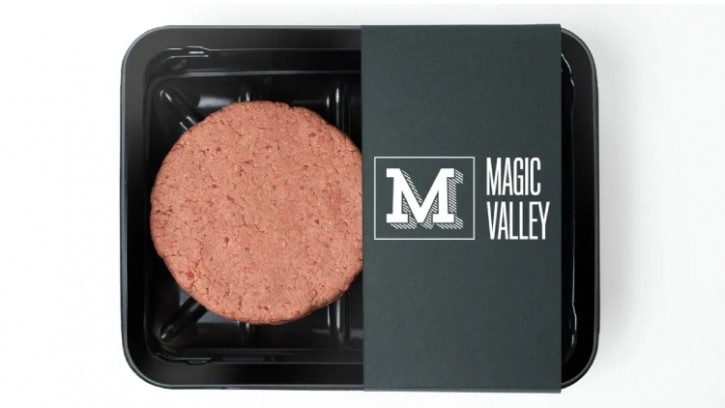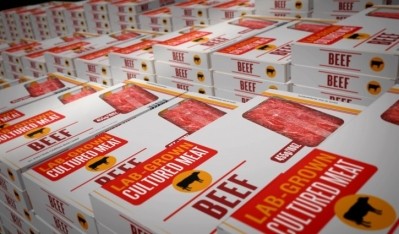Production and partnership priorities: Aussie cultivated meat firm Magic Valley details 2024 plans as regulatory approval nears

The company is currently in discussions with various established wholesale and food producers in Australia who have displayed notable interests in cultivated meat. The start-up’s goal is to finalise these partnerships by 2024.
Beyond domestic collaborations, Magic Valley is fostering ties with overseas partners, specifically Biocell in the US and exploring other partnerships throughout Asia to contribute to various aspects of the cultivated meat processes.
“As a company, we recognise the impracticality of doing everything on our own. The intricacies of cell biology, bioprocess engineering, and cultivated meat production at scale require diverse expertise. Hence, we are looking at partnerships in those areas to propel us forward.” CEO Paul Bevan told FoodNavigator Asia.
This was also the reason why Magic Valley established a new pilot facility at Co-Labs in November. A move that not only formalised the three-year relationships between the two companies but also provided Magic Valley the access to Co-Labs’ infrastructure and an ecosystem of talents.
“Obviously, we are looking to increase our production capacity. That’s one of the main things for us in 2024. Presently, we have got cultivated lamb and pork and we have been working on beef as well. So, we are setting sights on the aquatic species. It’s another thing we plan to delve into this year.”
No obvious resistance to cultivated meat
“The 100 square metre facility will enable us to scale up our capacity to yield 150,000 kilograms of products with 3000 litres bioreactors. It also allows us to meet with and share ideas and knowledge with non-cultivated meat companies that are also working on cell biology. So, such co-working environment is truly beneficial for us.”
Based on internal market research, Magic Valley believes the younger demographics (16 to 24 years old), health-conscious, and environmentally concerned individuals will be the early adopters of its products.
As for consumers of other demographics, Bevan notes that it will depend on how educated they are on cultivated meat.
“What we found is that once we offer a little education around what cultivated meat is, its process, and benefits, people are willing to find out more. Of course, there will always be some consumers who refused to try cultivated meat and that’s fine. But we think education is truly important when we are talking about cultivated meat and positioning ourselves in the market.”
This sentiment extends to the traditional meat industry, where Bevan observes a surprising lack of objections. Many within the industry express genuine interest in the technology behind cultivated meat production and potential avenues to integrate it into their own operations.
“Again, there will be a percentage of the existing industry viewing cultivated meat as a competition threat. We have had several private conversations with members of the traditional meat industry that have not progressed as far as we might like, but there is certainly a level of interest there.”
Australis as a cultivated meat hub
Ultimately, Bevan asserts that the future acceptance and success of cultivated meat hinge on how it is labelled and marketed. The transparency of labelling will play a pivotal role in navigating perceptions and how the emerging and traditional sectors of the meat industry coexist moving forward.
“We are very aware of the importance of letting people know where their meat come from, and the processes involved in producing them. Australia has got a good regulatory framework for novel food products, which is where cultivated meat is considered. These regulations are instrumental for consumer trust.”
Bevan revealed that Magic Valley is working unofficially close with Food Standards Australia and New Zealand to ensure the compliance and safety of its products. The startup anticipates the approval of cultivated meat in the country by 2024 and commences commercialisation in 2025.
“I think Australia is very advanced in the regulatory landscape, which position the country as an attractive space for other companies within the space. This is great, not just for the overall industry but also establishing Australia as a hub within the region.”
















